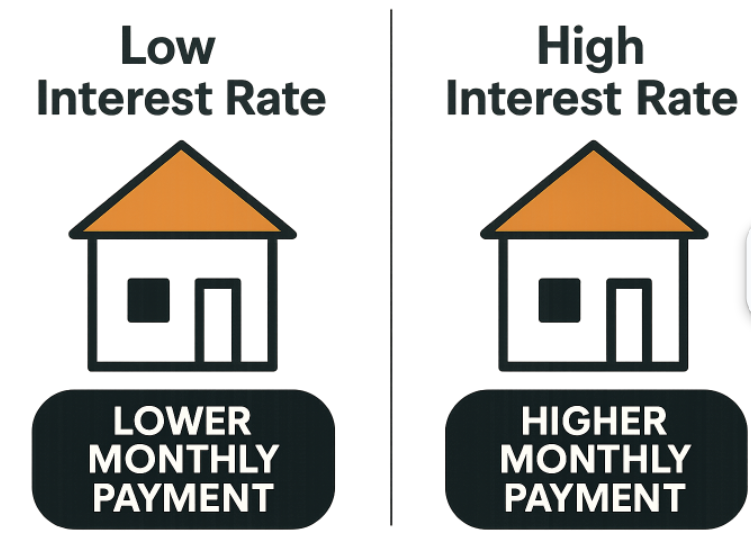Expense management software has become a cornerstone in modern business operations, shaping the way companies monitor, control, and report on their expenses. By automating a variety of financial processes, this software is transforming the financial landscape of businesses both large and small. Companies are finding that incorporating such tools into their workflows pays dividends in time saved and errors reduced. Below, we delve deeper into the benefits and applications of these systems.
Understanding the Impact of Expense Management Software on Business Efficiency
Business efficiency is significantly heightened when expense management is streamlined. In the fast-paced business environment, manual expense tracking is not only time-consuming but also prone to human error. With the use of expense management software, businesses can automate data entry and processing, freeing up valuable time for employees to focus on more strategic tasks.
This software typically includes features designed to simplify the submission and tracking of business expenses, reducing the administrative burden on employees. The reduction of manual tasks further minimizes the likelihood of errors, which might otherwise result in financial inconsistencies. Moreover, quick access to expense data helps managers make informed decisions more rapidly.
The impact of expense management solutions on business efficiency becomes even clearer when considering the analytics capabilities that come with it. Decision-makers can track spending patterns and identify areas where cost savings can be made. In fact, some of the top technology for expense management software bridges the gap between expense data and strategic financial planning.
Streamlining Expense Reporting and Approval With Automated Solutions
Automated expense reporting transforms the tedious task of gathering receipts and filling out reports into a seamless digital process. Employees can capture receipts using their smartphones and submit them directly to the system. This not only facilitates rapid submission but also ensures expenses are reported accurately and in real time.
The automated workflow does not end with submission. Expense management systems streamline the approval process by automatically routing reports to the necessary approvers. Alerts and notifications keep the process moving without delays, preventing the bottlenecks commonly seen in manual methods.
Administrators benefit from these solutions, as they can set up parameters that automatically enforce company spending policies. For instance, reports that exceed budget limits or fall outside policy guidelines can be flagged for further review, allowing for immediate corrective actions where necessary.
Read More: How Premium Products Create a Luxury Experience For Smokers?
Integrating Expense Management Software Into Accounting Systems
The ability to integrate expense software with existing accounting systems is a game-changer for financial operations. By allowing a seamless flow of expense data into the general ledger and other accounting platforms, companies can ensure their financial records are always up to date.
This integration also greatly reduces the time spent on month-end reconciliations and financial reporting. Since data is fed directly into the accounting system, the risk of duplication or omission of expenses is minimized, ensuring accuracy in financial statements. This close link between expense management and accounting systems also improves cash flow management, as finance teams can better anticipate outflows related to reimbursable expenses.
Many expense management solutions are designed to be compatible with a range of accounting software, which means businesses can choose the best fit for their existing infrastructure. Advanced integrations may also include capabilities like matching credit card transactions to expense reports, further simplifying the reconciliation process.
Enhancing Policy Compliance and Reducing Fraud Through Expense Management Tools
One of the most valuable advantages of expense management tools is their ability to enforce policy compliance. By programming spending policies into the software, businesses can automatically prevent policy violations before they occur. This preemptive approach is far more efficient than the traditional retrospective auditing of expense reports.
Expense software also serves as a deterrent to fraud. By increasing the visibility of each transaction and providing detailed spending data, these tools make it harder for fraudulent activity to go unnoticed. Features such as receipt verification and automatic duplicate expense detection are key in uncovering and preventing deceitful practices.
Fraudulent activities can be costly, both financially and in terms of reputation. Robust expense management solutions include security measures such as encryption and multi-factor authentication to safeguard against unauthorized access to expense data, providing another layer of protection against fraud.
Overall, the strategic implementation of expense software can bring about transformative changes to a company’s financial operations. Partnering with experts in change management consulting ensures that this transformation is embraced by your team, not just installed on their devices. By enhancing efficiency, ensuring accuracy, promoting compliance, and offering valuable insights, these tools play a crucial role in optimizing business expenditures and driving economic success.
Read Also: Small Business Inventory Software: The Complete Guide for 2025




